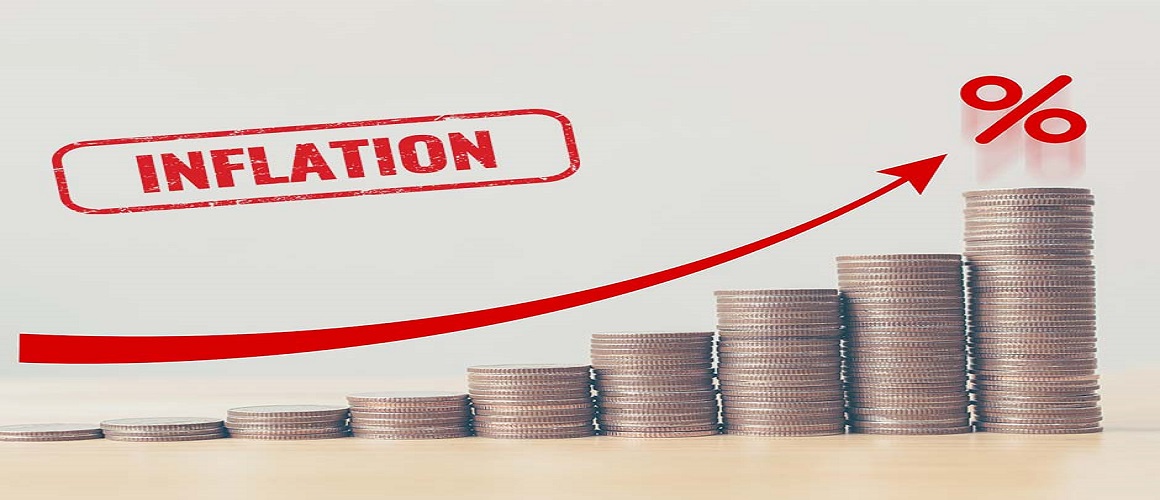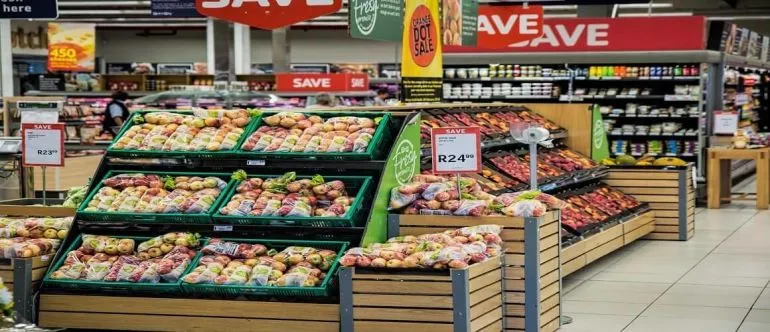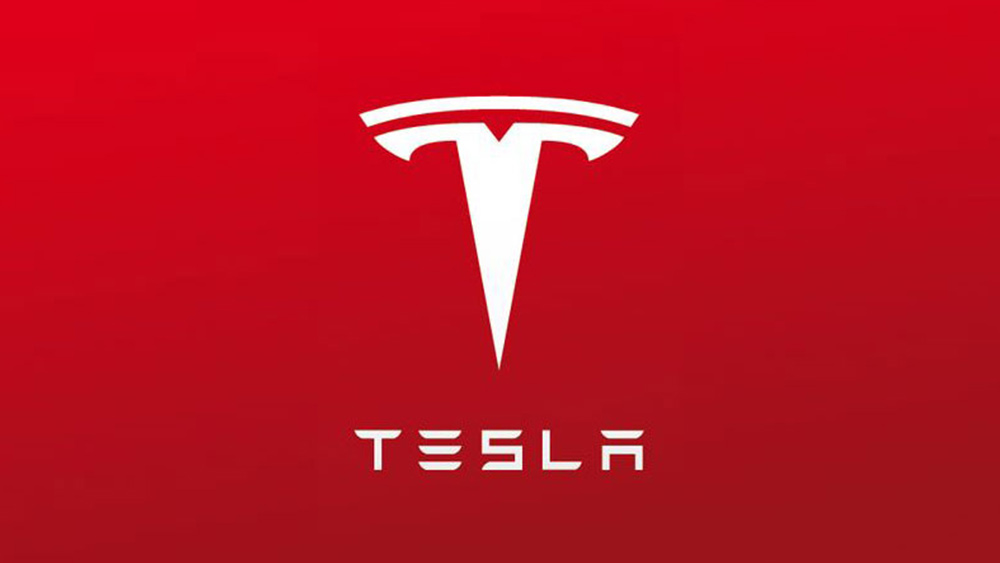Impact of the Russia-Ukraine war
by Vishal
25/05/2022 5 min read

How everything is connected to this situation, and why should there be a condition of tension all around the world
Russia and Ukraine, both nations are strongly hit with the current war crisis. Find below how the GDP is affected by Russia’s invasion in Ukraine.


Automobile industry
Prices for neon gas have increased tenfold because of the continuing Russian-Ukraine situation, potentially affecting vehicle manufacturing in the Asia-Pacific area. Furthermore, the restrictions placed on Russia will impede the supply of palladium to produce autos. This, in turn, is expected to delay automotive manufacturing, sales, and delivery.
A disturbance in the supply chain is also anticipated to decrease automotive manufacturing in 2022. Steel and aluminium prices are expected to rise because of the current Russia-Ukraine conflict, raising the cost of vehicles in India.
Increased fuel costs as crude approaches $120 per barrel mean that logistics expenses will rise as well. Prices for other basic metals used in the vehicle industry, such as aluminium and nickel, have also risen significantly.

Crude Oil
Russia is the world's second-largest crude oil exporter, after only Saudi Arabia. In 2019, 48 nations paid $123 billion for Russian crude oil.
Top oil producing countries and why are they important?
|
Country |
Million Barrels Per Day |
Share of World Total |
|
US |
18.61 |
20% |
|
Saudi Arabia |
10.81 |
12% |
|
Russia |
10.50 |
11% |
|
Canada |
5.23 |
6% |
|
Iraq |
4.16 |
4% |
|
UAE |
3.78 |
4% |
|
Brazil |
3.77 |
4% |
|
Iran |
3..01 |
3% |
|
Kuwait |
2.75 |
3% |
Following Russia's invasion of Ukraine, several other countries put sanctions on the country. As a result of the subsequent energy war, oil prices have reached historic highs not seen since the 2008 financial crisis.
Isn't it possible for the world to just generate more oil and not get affected by this war?
OPEC Plus, a group of 23 nations led by Saudi Arabia and Russia, accounts for almost half of global oil output. In other words, consider these nations as cartels who control the supply of oil and Russia is in top 3. Currently, Following the invasion of Ukraine, the price of oil began to skyrocket. Russia either supplies or has influence over up to 60% of Ukraine's fuel supply, as well as a substantial percentage of the country's power.
Fertilizer
- The prices of urea, India's most extensively used fertiliser, and diammonium phosphate, the second most widely used fertiliser, have risen by roughly 110 percent in the last year.
- Farmers are becoming increasingly concerned about the present fertiliser supply gap and frightening price increases. The European Union, the world's largest wheat exporter and an important barley provider, will face a fertiliser supply shortage, limiting the amount and quality of agricultural production. Food price hikes will be feared when output declines.
Russia is one of the top exporters of fertilizer and the export value as of November 2021 accounted for USD 750 million. The top export destinations of Russian fertilizers are Brazil (31.4%) and India (17.5%). Due to this war crisis, the fertilizer industry was impacted the highest in India and the agriculture sector is already witnessing the heat.
Fertilizer is one of the key raw materials to produce crops and with the increase in the fertilizer prices the food prices are also likely to increase. Furthermore, Russia and Belarus are also top exporters of Potash in the global market and potash is a key component used in the manufacturing of fertilizer.
India doesn’t have potash in its land, nearly all the potash is imported hence, this a direct hit to the Indian fertilizer market eventually increasing the cost of food because farmers would pay more for the fertilizer leading to cut in the margins of growers and sellers.
Cereals
Ukraine and Russia are the top exporters of cereals such as corn, wheat, soybeans, barley, and rye. Exports represent a very small category for this category as Europe relies on the production of these cereals. However, China and India do represent a significant amount of export destination for Ukrainian and Russian cereals.

India and China are huge market potential owing to growing population and food demand. Now, the Russian invasion leading to seize of Ukrainian agricultural areas along with Russia’s ban on more than 200 commodities till 2022 is projected to hamper the supply & demand of cereals across the globe, increasing the prices of cereals.
Metals and Minerals
- In March 2022, coking coal was trading at USD 500 per tonne. It was a 20% increase above the rates in February 2022.
- Hot-rolled coil (HRC) and TMT bar prices in India have risen by up to Rs 5,000 per tonne.
- During the continuous market turmoil, inflationary worries pushed the world gold price to $2,000 per ounce.
Minerals may be found in almost every produced object, from cell phones to automobiles. For instance, almost everything we use is a mineral resource, from eating nutrient-rich meals to powering cell phones and automotive parts. The Russian invasion of Ukraine will almost certainly result in increased mined commodity prices.

Russia and Ukraine are the world's largest producers of metals such as nickel, copper, and iron. They are also heavily involved in the export and production of other critical raw minerals such as neon, palladium, and platinum.
The fear of penalties on Russia has pushed up the price of these metals. Palladium, for example, has a current selling price of about US$2,700 per ounce, up more than 80% since mid-December.
Palladium is utilised in a variety of applications ranging from vehicle exhaust systems to mobile phones to dentistry fillings. Nickel and copper costs, which are utilised in manufacturing and construction, have also been rising.
About 90 percent of the neon used in chip lithography originates in Russia, with one plant in Odessa purifying 60 percent of it. Alternative sources will need long-term investments before they can supply the global market.
Chip makers currently stockpile two to four weeks' worth of additional inventory, but any extended supply interruption caused by armed action in Ukraine will have a significant impact on the manufacturing of semiconductors and the items that rely on them, including automobiles.
China is the major importer of metals and minerals, and Chinese products are exported worldwide. Considering this series of connection between one nations production to other nations demand is projected to hamper the world economics, especially when it comes to metals and minerals.
SQ Analysis
According to Skyquest, this situation is likely to face great impact since 2008 crisis. While the rising crisis will affect the whole of the European Union, Germany would be particularly heavily struck. If the damage is not contained, the waves are likely to hit the major economies and might turn into a disaster. The world's surprisingly strong rebound from the pandemic recession has left businesses racing to obtain enough raw materials and components to fulfil growing client demand. Overcrowding at industries, ports, and freight yards has resulted in shortages, shipping delays, and increased pricing. Disruptions in Russian and Ukrainian industries may delay a return to normalcy.
SkyQuest provides market insights that fuel your growth. Our insights are a base for you to innovate and understand the needs of your consumers. Reach your goals with data that will give you deep-rooted insights into your industry.
























 USA (+1) 351-333-4748
USA (+1) 351-333-4748
